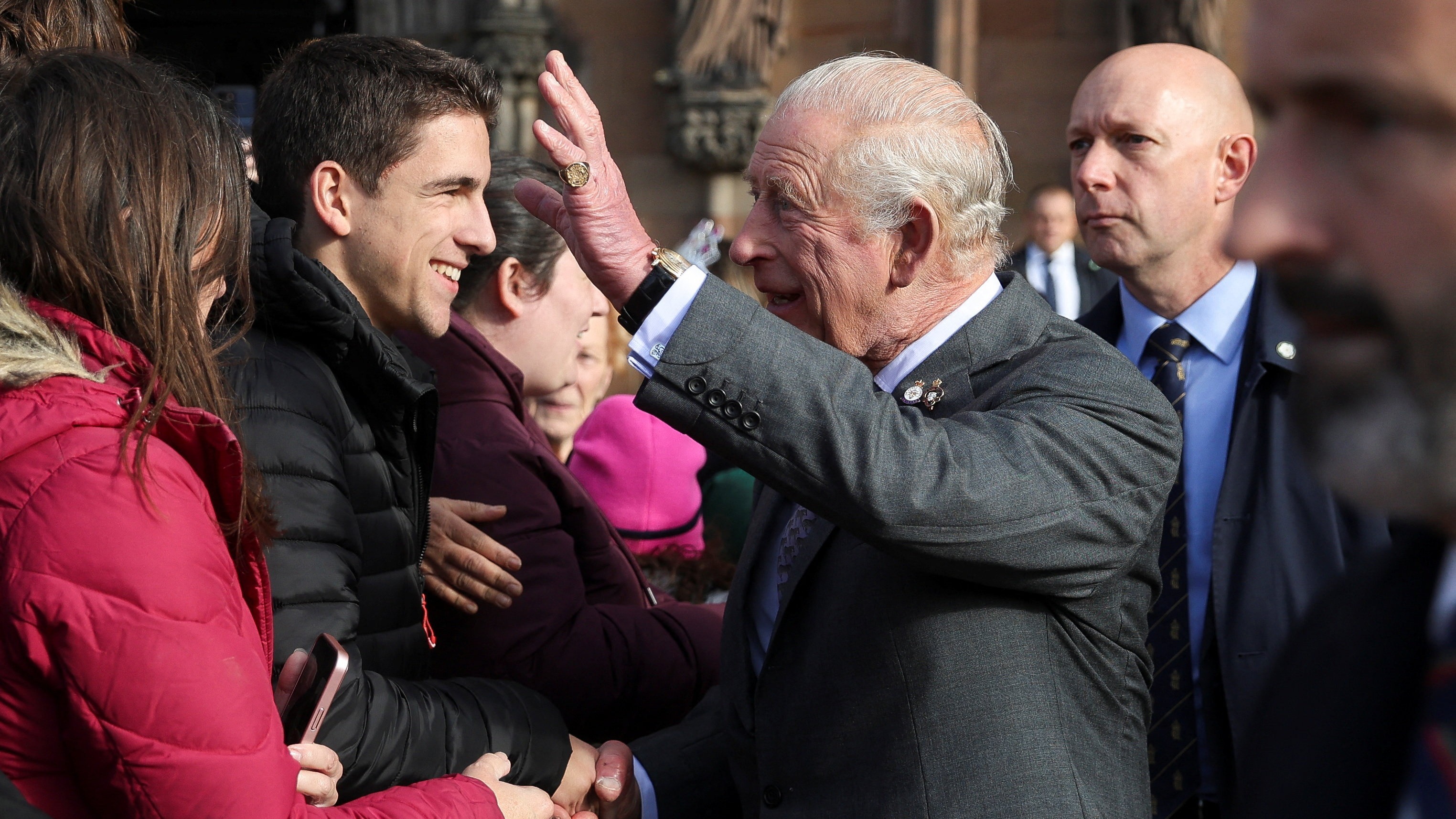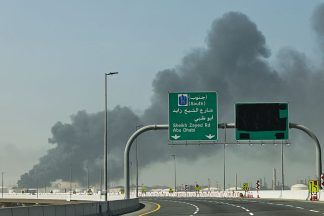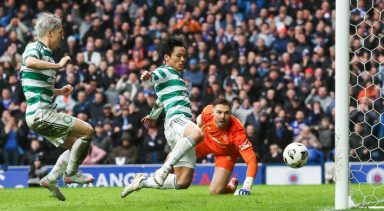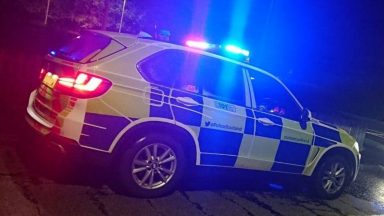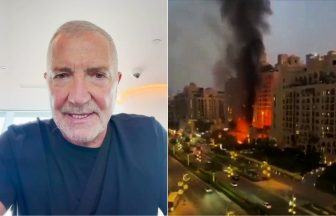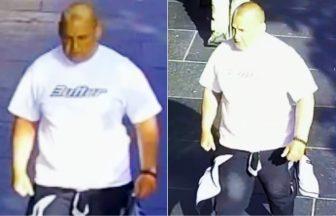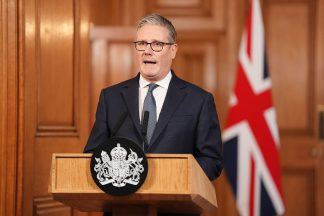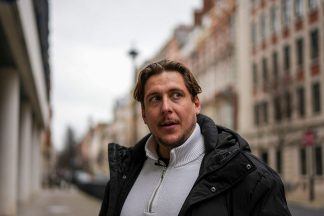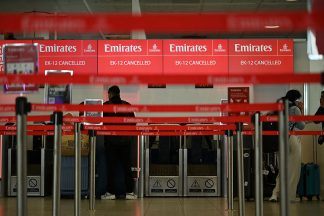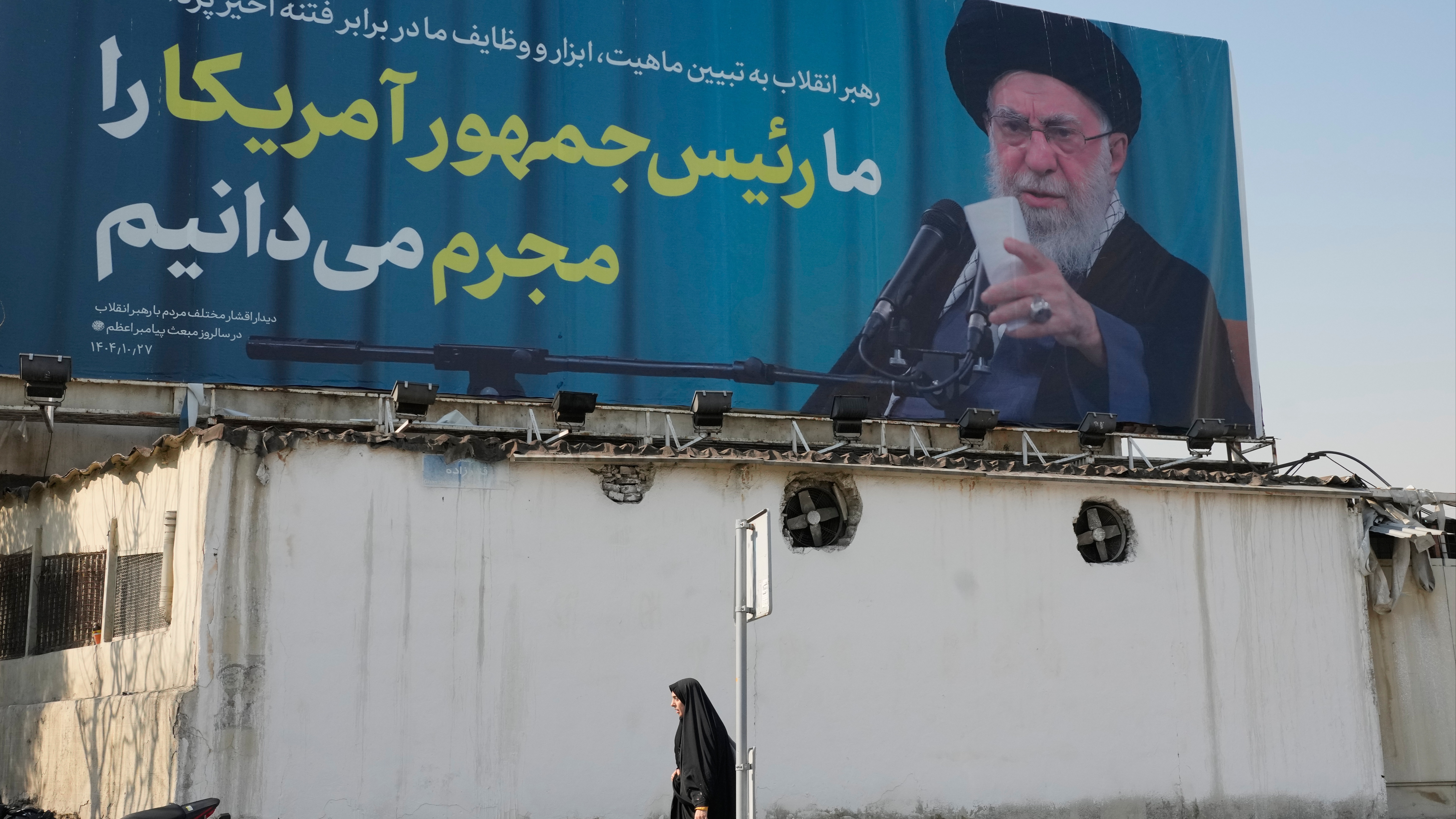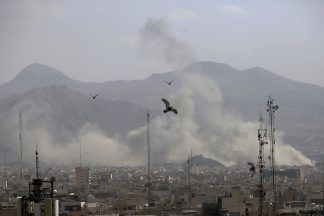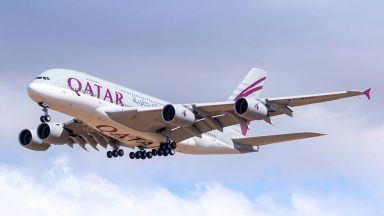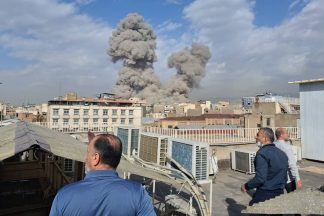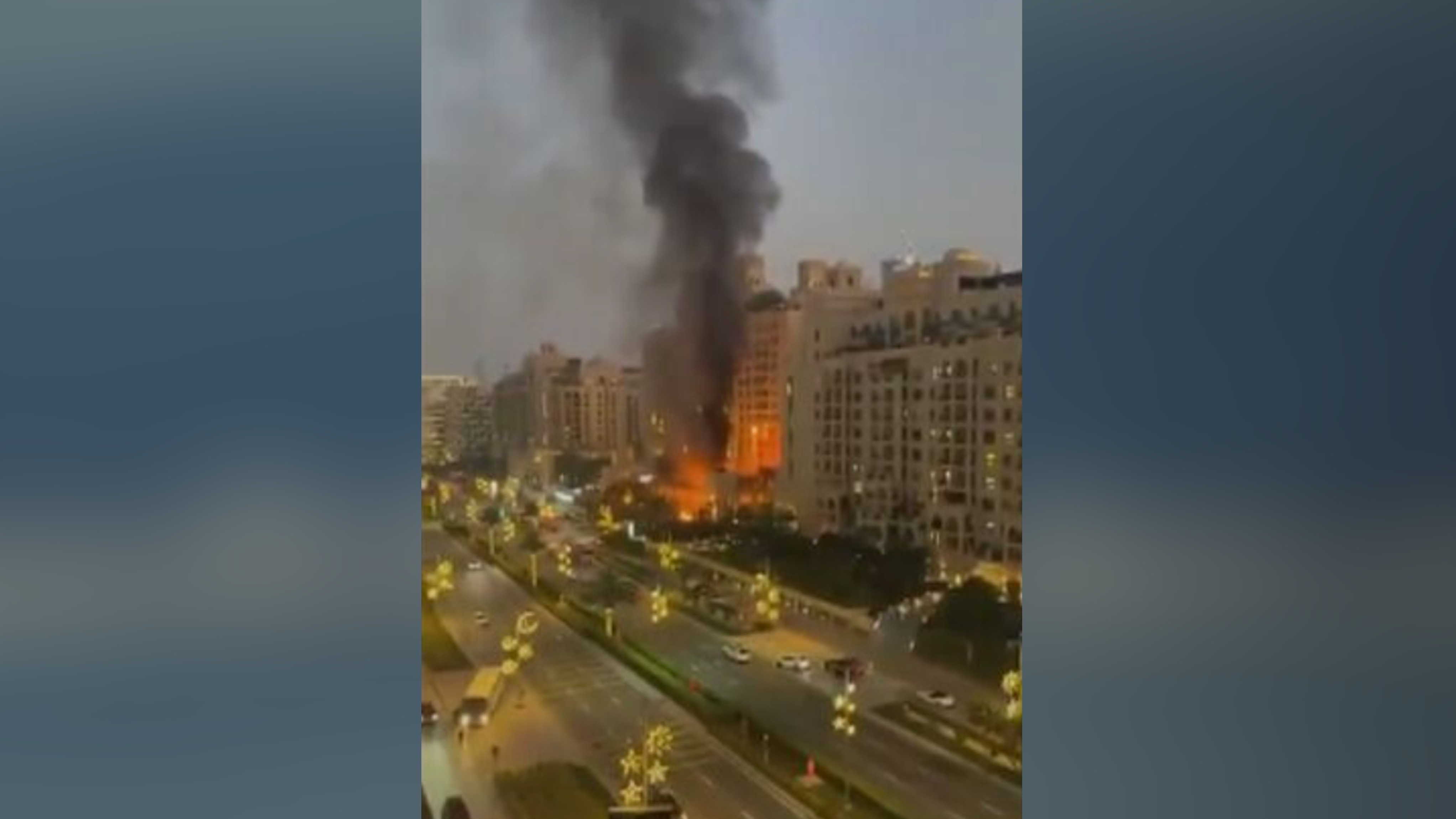Charity Fighting with Pride said the new memorial represents a “powerful step forward in recognising and honouring” LGBT armed forces, as ITV News’ Sangeeta Kandola reports
The King was heckled over what he knew about Prince Andrew’s relationship with paedophile Jeffrey Epstein during a visit to Lichfield Cathedral on Monday.
The incident came just days after the King’s brother relinquished his Duke of York title, following the publication of a posthumous memoir by Virginia Giuffre that made fresh allegations about Andrew’s links to Epstein.
As Charles greeted royal well-wishers on Monday, a man in a green jacket shouted, “How long have you known about Andrew and Epstein?” before asking whether police had helped cover up Andrew’s relationship with the disgraced financier.
The King then swiftly moved on without responding.
Andrew has always strongly denied the allegations made against him by Ms Giuffre.
The man’s comments appeared to offend some royal supporters who were trying to greet the King
The incident happened after Charles met veterans who were affected by the military’s former “gay ban” at the National Memorial Arboretum in Staffordshire.
He was joined by dozens of serving and former members of the armed forces at the dedication of the memorial, titled An Opened Letter.
He then talked to a number of those who had their military careers cut short before the ban was lifted in 2000, who told of the humiliation and vilification they had lived with since.
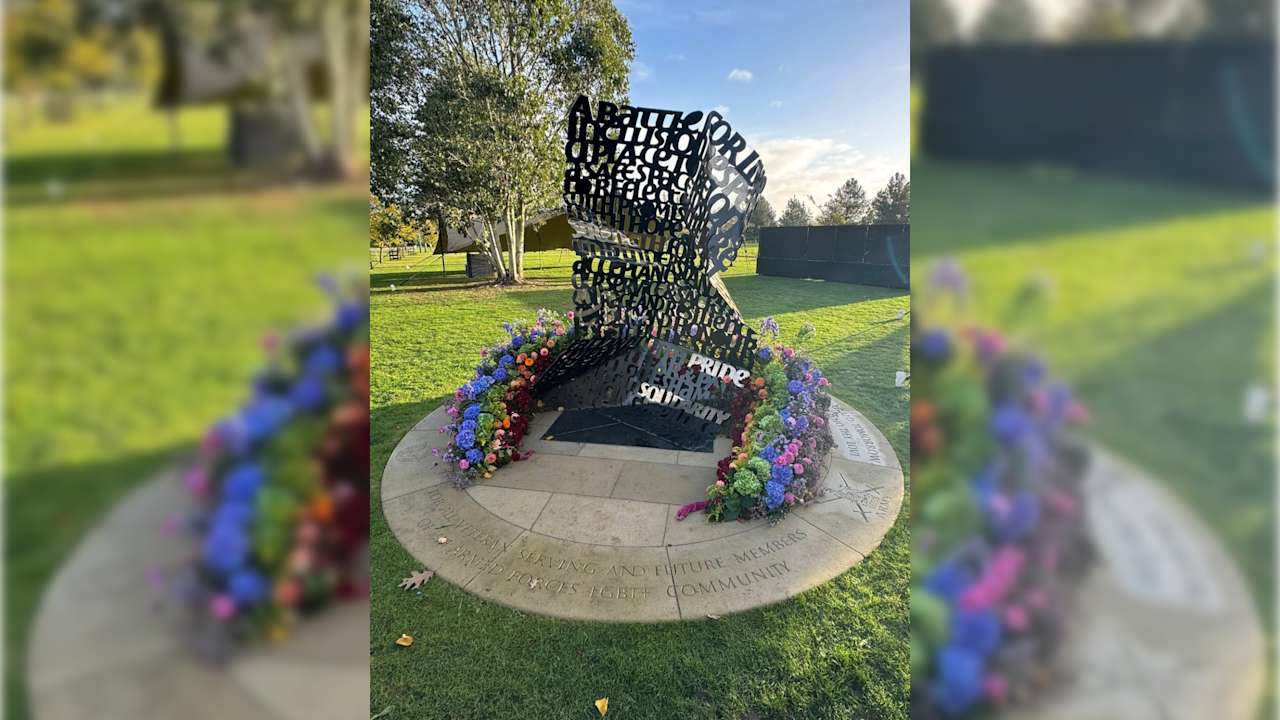
Thousands of people were investigated, discharged or forced to leave their careers because of their actual or perceived sexual orientation or gender identity, and faced lifelong consequences, including being vilified by family and friends, and losing access to their military pensions.
Under the policy, members of the armed forces who were – or were thought to be – gay or transgender were subjected to brutal interrogation and dismissal.
Military charity Fighting with Pride said the sculpture represents a “powerful step forward in recognising and honouring the service and sacrifice” of LGBT armed forces after their historic mistreatment.
The sculpture takes the form of a crumpled bronze letter made up of words taken from evidence from personnel who were affected by the ban, which was in place from 1967 until January 11, 2000.
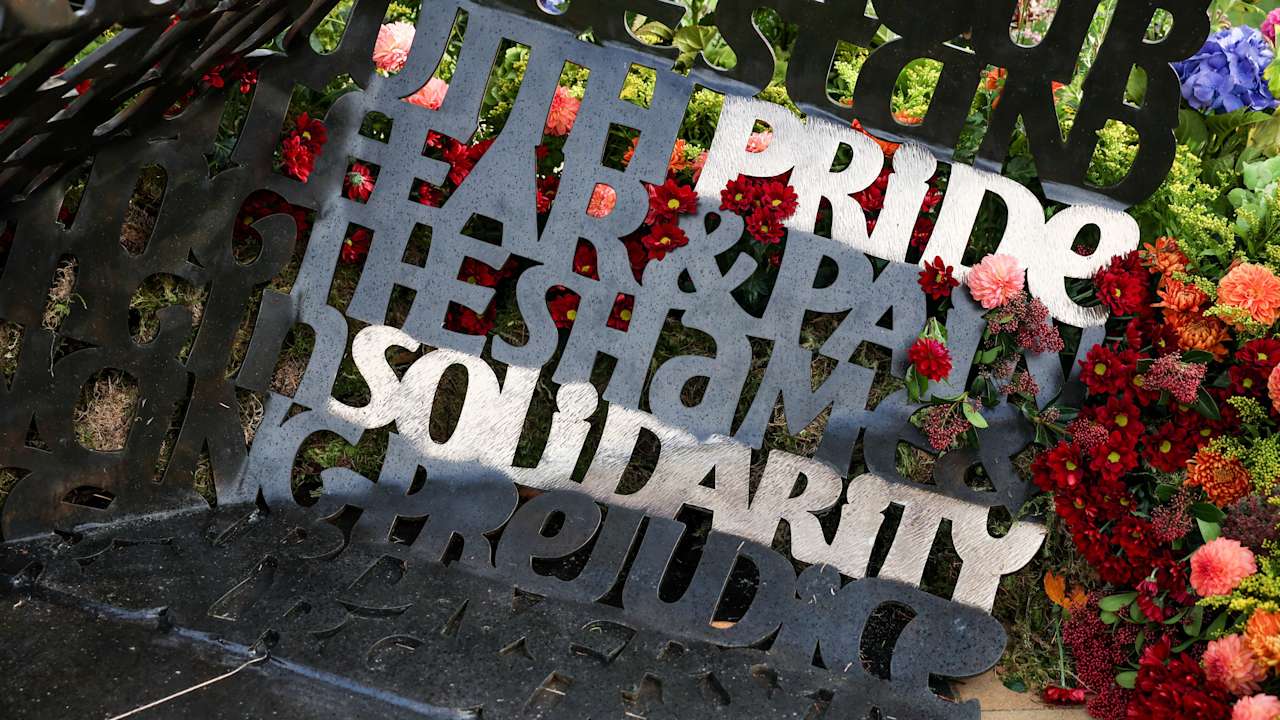
The King, who is head of the armed forces, dedicated the memorial to all LGBT people who have served and continue to serve in the military.
The memorial was funded by a £350,000 grant from the Office for Veterans’ Affairs at the Ministry of Defence, and was designed by the Abraxas Academy collective of artists.
Charles heard speeches from serving personnel and an address from Ed Hall, chairman of Fighting With Pride, which oversaw the construction and design of the memorial, and spearheaded efforts to get justice for veterans.
After the ceremony in Alrewas, Charles met LGBT veterans, including those impacted by the discrimination, and also serving personnel.
Claire Ashton, who served in the Royal Artillery, said her “dream career” was ruined when she was forced out of the Army in 1972 when she was 21 years old.
She said: “This is a moment I never believed would happen, a moment full of meaning and, finally, of pride.
“I’m in my 70s now and have forever lived with the psychological scars of being kicked out – ‘medically discharged’, as it was labelled on my records.”
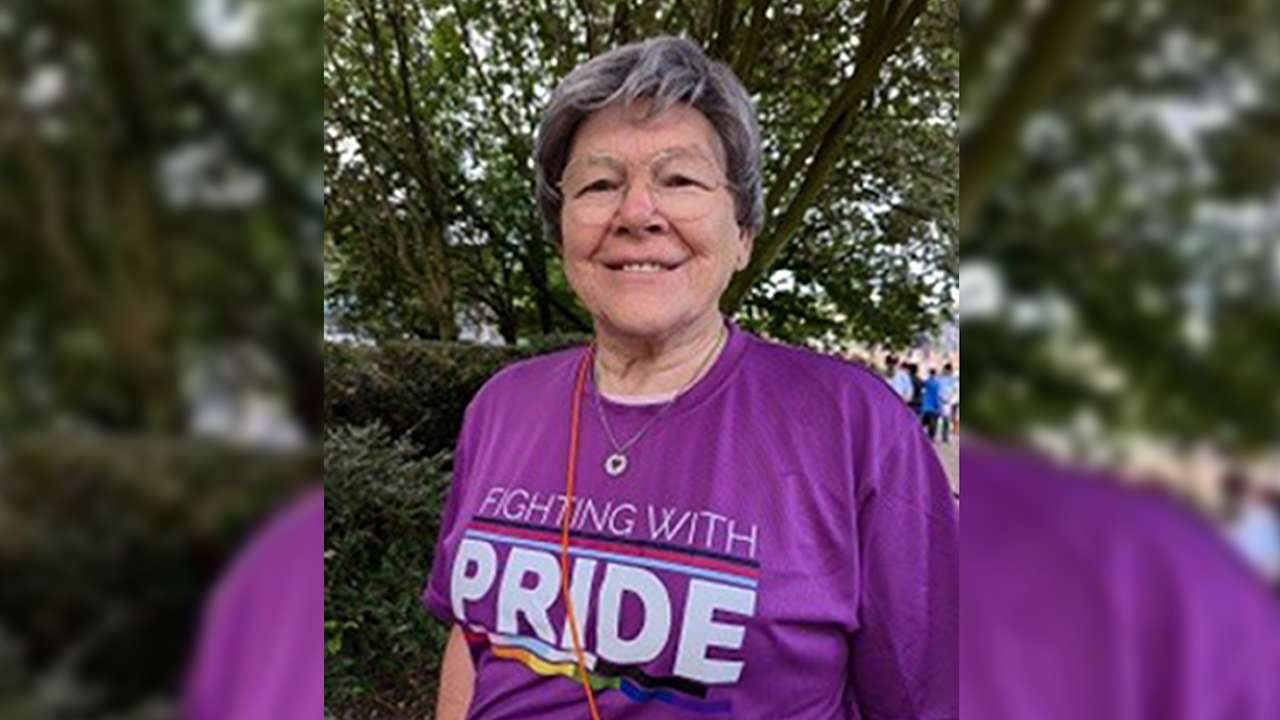
Ms Ashton added: “I was punished for being myself.
“It means so much to be with others who’ve been through similar nightmares to me and, like me, are making peace with the past.”
In 2023, then–prime minister Rishi Sunak issued an apology on behalf of the British state for the “horrific” treatment of LGBT people who served in the military.
The move followed an independent review that made 49 recommendations, including financial reparations and a public memorial.
The review uncovered harrowing accounts of homophobia, bullying, blackmail, sexual assault, “disgraceful” medical examinations and conversion therapy.
In December 2023, the government announced that veterans mistreated under the ban would receive up to £70,000 each through a redress scheme.
Those dismissed or discharged because of their sexual orientation or gender identity will be given £50,000, while personnel “negatively affected” by the ban between 1967 and 2000 can receive up to an additional £20,000.
The payments will be exempt from income tax and means-tested benefits.
Veterans who lost their rank can also apply to have it restored and to amend the reason for their discharge.
Follow STV News on WhatsApp
Scan the QR code on your mobile device for all the latest news from around the country


